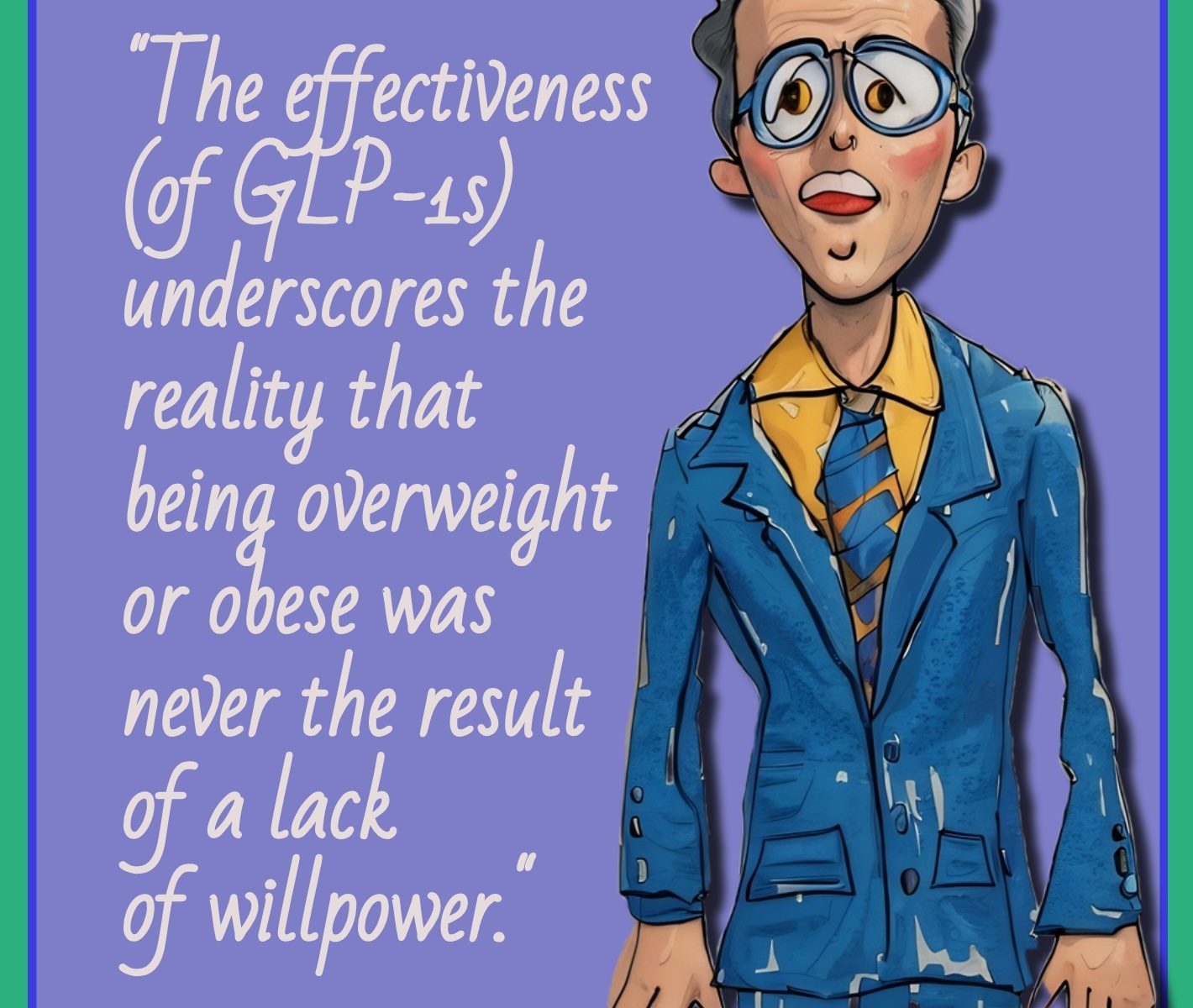In last Sunday’s New York Times’ Opinion section, Dr. David A. Kessler, a former Food and Drug Administration commissioner and author of ‘Diet, Drugs, and Dopamine: The New Science of Achieving a Healthy Weight,’ writes about his personal weight maintenance issues.
In the article, he admits that he has gained and lost weight repeatedly, putting on 20 pounds, taking it off, putting on 30 pounds, and then taking it off again.
His schooling and various degrees have not helped his metabolism fight the food industry’s highly processed, ultra-formulated, addictive food products.
Side note: My friend, High Voltage, has repeatedly shared the same thoughts with me over the last decade.
In Dr. Kessler and High Voltage’s opinion, our food has been engineered to manipulate the brain’s reward system. Food cravings and weight gain are not due to a lack of willpower; they result from issues related to one’s brain chemistry. These foods, engineered to make certain people eat more, have resulted in a health catastrophe.
Dr. Kessler writes, “GLP-1s appear to modify addictive brain pathways that are activated by ultraformulated foods, helping people to change their body weight in a decisive way.”
Using GLP-1s has helped Dr. Kessler control the addictive circuits in his brain and helping him to reset his appetite.
I’m sharing this post because I disagree with our society attaching shame and blame to GLP-1s. I hope people using these drugs are experiencing Dr. Kessler’s results.









